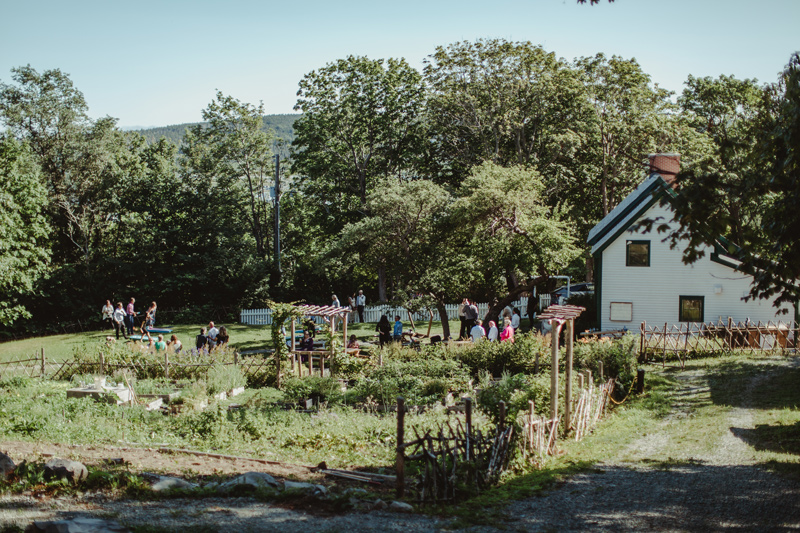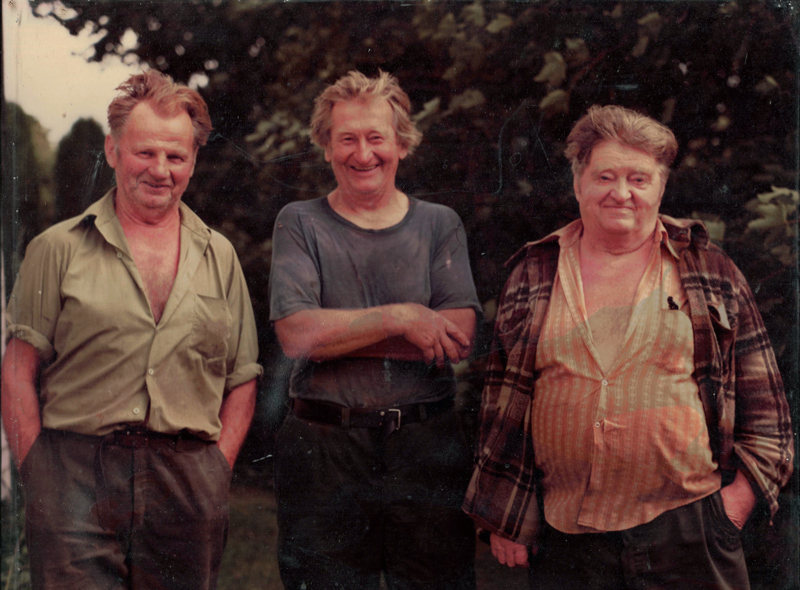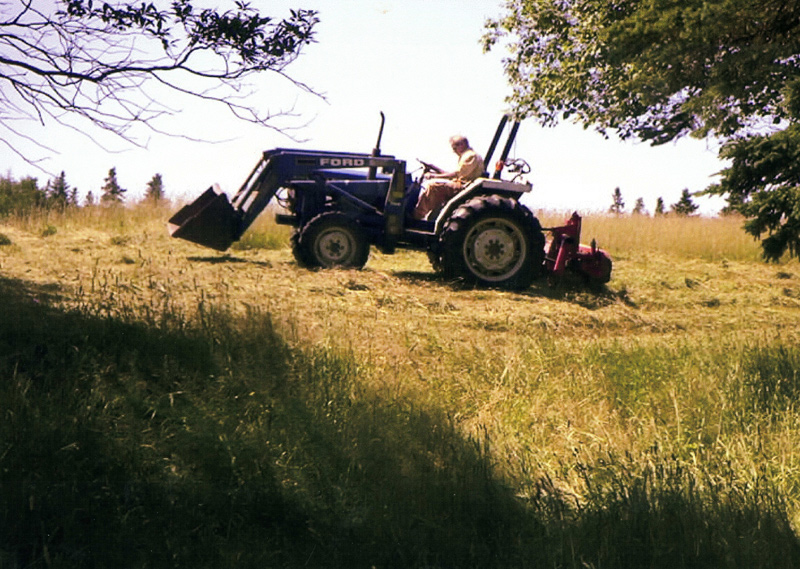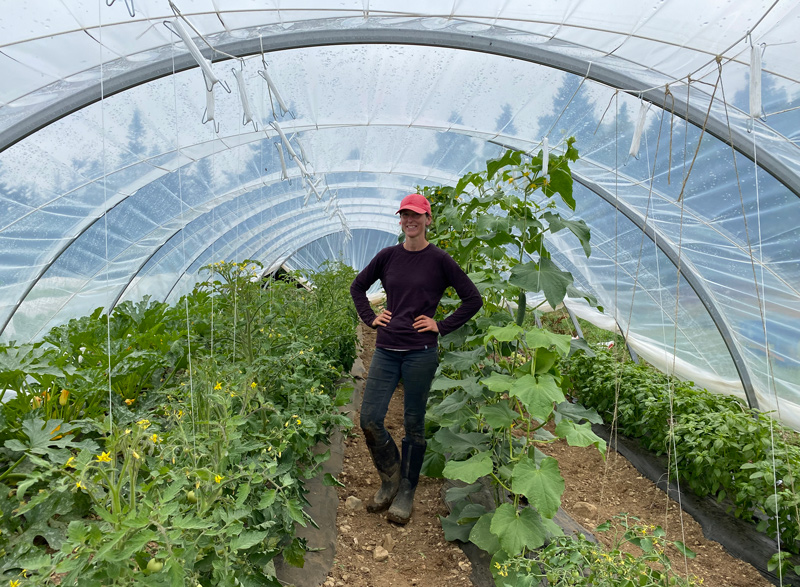Account Login
Don't have an account? Create One

A historic property situated in the capital city of Newfoundland and Labrador, O’Brien Farm has been around for over two centuries. What started as a family-owned dairy farm is now an interpretation center and agribusiness incubator that promotes its legacy and sustainable farming practices.
After immigrating from southern Ireland in the early 1800s, John O’Brien seized an opportunity from the easement of commercial farming laws to establish O’Brien Farm in 1818 in Freshwater Valley (now part of St. John’s), N.L. A quintessential Irish-style farm, O’Brien’s small-scale operation nourished the city’s growing population.
Primarily a dairy farm, the O’Briens grew hay and raised cattle to produce milk, butter and cream. Over time, O’Brien Farm also developed small produce gardens and leased sections of its once more than 50 acres of property to other farmers.

For over 180 years, four generations of O’Briens lived and worked on the farm. However, shortly after N.L. joined Confederation, the low prices of imported foods made it difficult for the farm to compete with foreign products. Production soon began to dwindle. Around this time, brothers John, Mike and Aly O’Brien began taking over the family business, representing the fourth and final generation. The brothers did what they could to maintain operations, but the farm struggled to sustain itself financially.
Aly O’Brien, the final living member of the O’Brien family, was passionate about sustainable farming and his family’s history. To save the land from commercial development, Aly left O’Brien Farm to the Government of Newfoundland and Labrador in his will, so it could become a public space and historic site. In 2011, The O’Brien Farm Foundation was formed to preserve, develop and operate the estate.

The Foundation has since transformed O’Brien Farm into an interpretation centre with a variety of educational programming related to Irish-Newfoundland culture, the province’s farming history and sustainable farming practices. Open to all ages, the public is welcome to walk the grounds of O’Brien farm and visit its facilities, including Thimble Cottage, the last standing structure on the property built by John O’Brien in 1850.
In 2021, The O’Brien Farm Foundation launched an agricultural incubation program that supports new entrepreneurs in the farming industry. Members are given access to land, equipment and mentorship to kickstart their business and avoid the high barriers of entering agribusiness. Aaron Rodgers, farm manager, says The Foundation is proud of the program, which now has eight members, including vegetable farmers, flower farmers and a beekeeper.

Today, The O’Brien Farm Foundation continues to maintain the legacy of the O’Brien family and the 206-year-old working farm. Recent developments on the property include the construction of a new Learning Centre and a Kitchen Barn in 2023.
Speaking of the significance of the organization, Rodgers commented: “I think of O’Brien Farm as a modern farming ecosystem with a historic foundation. We’re adamant about building new generations of farmers who provide for the local community, where profits and food stay local.”
More Flashback Fridays:
Comment policy
Comments are moderated to ensure thoughtful and respectful conversations. First and last names will appear with each submission; anonymous comments and pseudonyms will not be permitted.
By submitting a comment, you accept that Atlantic Business Magazine has the right to reproduce and publish that comment in whole or in part, in any manner it chooses. Publication of a comment does not constitute endorsement of that comment. We reserve the right to close comments at any time.
Cancel